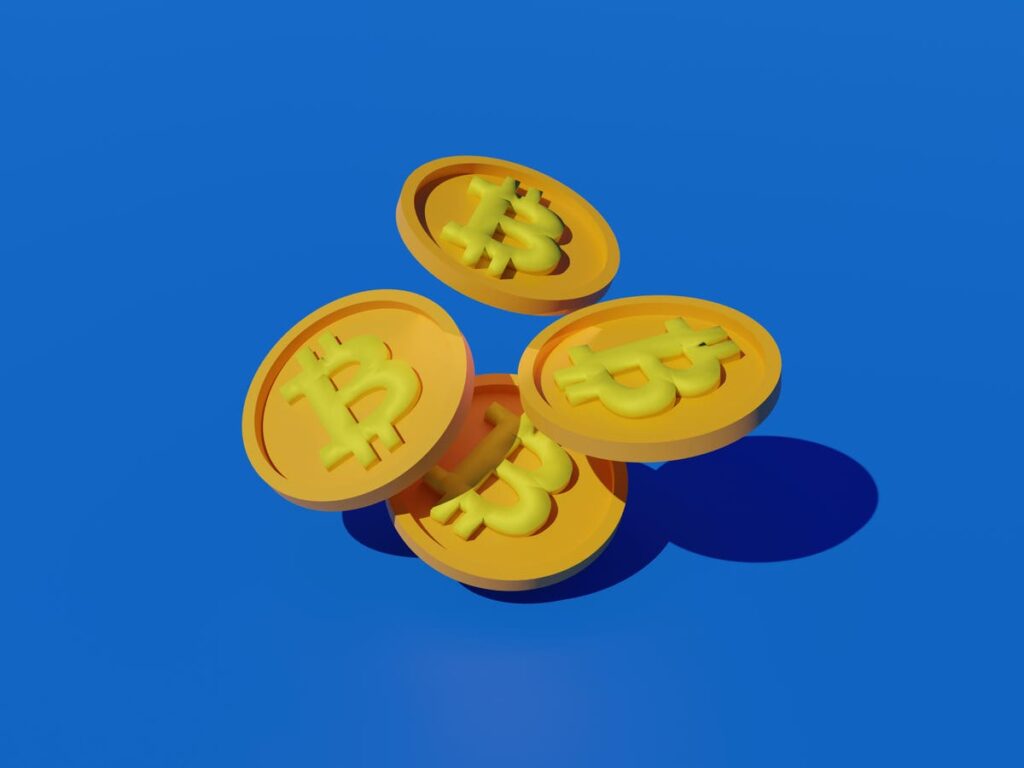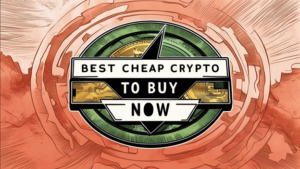Spot ETPs: A New Era For Bitcoin Or A Gateway For Traditional Finance?

On January 10, 2024, the crypto industry witnessed a notable development. The U.S. Securities and Exchange Commission (SEC) approved the listing and trading of several spot BitcoinBTC exchange-traded product (ETP) shares. This decision raises critical questions about the SEC’s evolving stance on crypto assets. Is this a genuine shift in their attitude towards crypto assets, or is it merely a strategic move favouring traditional financial institutions? It appears that by approving these specific ETPs, the SEC might be selectively opening doors for established banks to carve out their preferred segments in the crypto market. This could potentially sideline innovative startups, who have invested decades in building this industry and letting the more traditional players in the financial sector take the frosting from the cake.
Photo by Muhammad Asyfaul, Unsplash
Photo by Muhammad Asyfaul, Unsplash
A bit of history
The SEC categorises most crypto assets as investment contracts, making them subject to U.S. securities laws. Consequently, issuing crypto assets requires compliance with significant regulatory requirements, a hurdle too high for many start-ups and even established companies in the crypto industry. It is crucial to acknowledge the presence of numerous fraudsters in the crypto market, and thus, the need for the SEC to become more diligent and strict. However that being said, it is important to emphasize that every novel sector invariably draws in those looking to exploit its nascent state for illicit gain. This pattern is not new; even the securities market, now well-regulated, took decades to establish robust regulations. This lengthy process of regulation and oversight development is a common trajectory for emerging industries as they balance innovation with the need to deter and manage fraudulent activities.
However, one must question the fairness of a regulatory approach that permits established industries to take over an emerging sector, just right before it becomes truly viable.
Introducing Bitcoin ETF and ETP
According to Coindesk, Bitcoin ETFs are publicly traded investment funds that allow investors to invest in Bitcoin without owning the actual crypto asset. This setup frees the investors from dealing directly with the crypto regulation. The ETFs are traded on traditional securities exchanges, and investors buy shares in a fund that holds Bitcoin. While there have been many attempts to launch crypto-linked ETFs since 2014, the first U.S. Bitcoin ETF (BITO) began trading on October 19, 2021. ProShares, a well-known ETF issuer, was allowed by the SEC to create this fund. The fund debuted as one of the most heavily traded ETFs in market history, attracting more than $1 billion in assets within its first days.
In January 2024, the BITO reached its all high of over $2 billion assets.
Although the SEC approved a few Bitcoin ETFs, in 2023, it rejected the applications to list spot Bitcoin exchange-traded product (ETP). The main difference between the two is that the Bitcoin spot ETP invests directly in Bitcoins as an underlying asset, whereas the Bitcoin futures ETFs invest in derivatives contracts based on Bitcoin prices.
One could ask – what is the difference between the Bitcoin spot ETP and owning the Bitcoin directly? On a very basic level, the first is regulated and in the majority of cases, managed by established financial entities, and the other is not, while the underlying asset is the same – Bitcoin.
Allowing for the Bitcoin spot ETP
The first application for Bitcoin spot ETP was filed with the SEC on July 1, 2013, by the Winklevoss brothers. Since then, multiple applications have been filed under the federal securities regulation, all rejected by the SEC on grounds of anti-fraud and investor protection. Meanwhile, the SEC permitted derivative products – the Bitcoin ETFs, creating a noticeable double standard. This inconsistency was finally challenged by Grayscale Investments, LLC in 2022. On August 29, 2023, the DC Circuit Court of Appeals ruled this double treatment as “arbitrary and capricious,” criticizing the SEC for failing to “ explain its different treatment of similar products.”
The SEC did not appeal this decision and instead initiated a review of 11 applications for Bitcoin spot ETPs.
What does this mean?
The SEC approved 11 applications for spot Bitcoin ETPs, and entities such as Blakcrock, Grayscale, Fidelity, VanEck, ARK 21Shares and others, allowing them to invest in Bitcoin and create derivative products for retail investors. This decision culminated in a significant trading volume of $4.6 billion – on the first day of trading – January 11, 2024, indicating a strong market interest.
This situation underscores the need for the SEC to rethink its approach to regulating crypto assets. The current stance is somewhat paradoxical. The SEC imposes strict limitations on primary crypto activities and innovative start-ups, often suggesting a view of crypto activities as potentially fraudulent. Yet, simultaneously, it facilitates secondary trading through established financial institutions. This implies that only a select few are deemed capable of safely engaging in the crypto market.
The SEC’s approach of creating space for traditional financial entities in the crypto space while tightly constraining grassroots crypto activities points to an unusual standard of operation that may need reevaluation to ensure a more balanced and inclusive market.
Follow me on LinkedIn.
I am an associate professor in law and technology at the University of Copenhagen. I am the author of a recent book titled Computational Law, which shows similarities between legal and computational thinking.
I’m actively involved in the legal and startup world, leading projects that blend legal innovation with technology. This is complemented by my advisory work for governments and international bodies, where I help shape legal and regulatory frameworks.
I’m always open to connecting and collaborating on projects that advance law, education, and technology. Let’s work together to shape the future of these fields.
Read MoreRead Less
Source link
#Spot #ETPs #Era #Bitcoin #Gateway #Traditional #Finance





